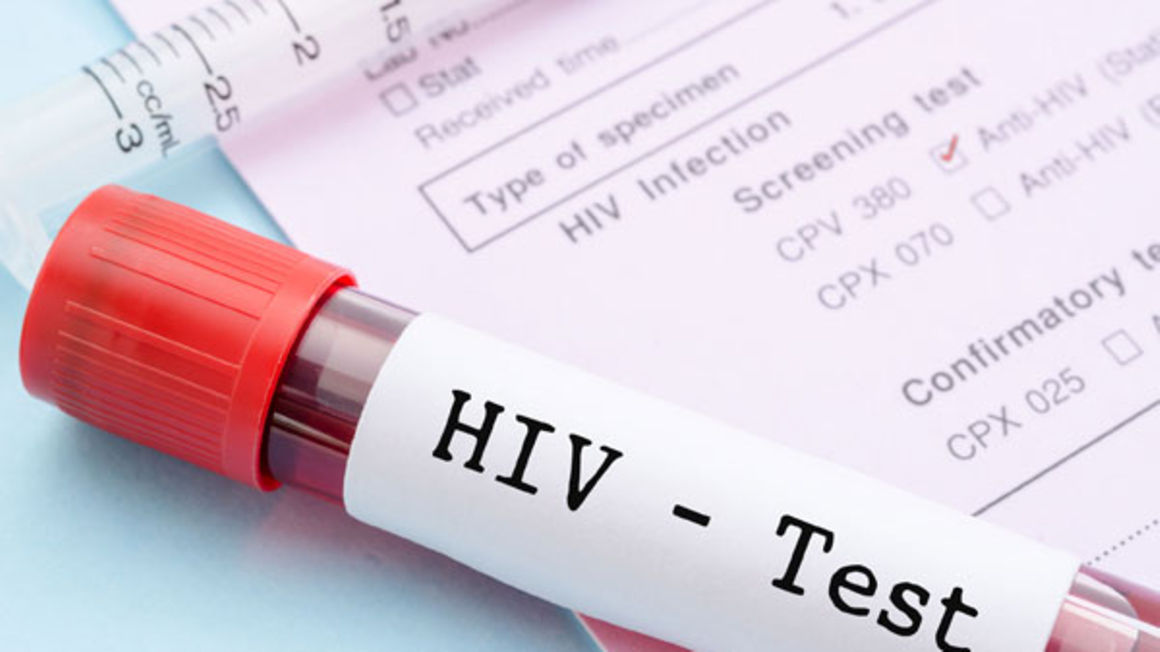Fight against HIV/Aids still crucial in Uganda

What you need to know:
The issue:
HIV/Aids
Our view:
Let us carry on with the fight through HIV/Aids sensitisation and awareness campaigns, encourage HIV/Aids testing and counselling, make sure ARVs are accessible.
On May 27, Uganda joined the rest of the world to observe the international HIV/Aids candlelight memorial.
According to Global Network of People Living with HIV, the memorial is held on the third Sunday of May every year to remember the people lost to Aids and to honour those who dedicated their lives to helping people living with and affected by HIV and continue to mobilise our communities in solidarity.
This year, the theme in Uganda was freeing workplaces of HIV/Aids based stigma and discrimination.
In her foreword in the UNAIDS data 2020 global report, Ms Winnie Byanyima, the UNAIDS executive director, wrote: “ The HIV prevention crisis must be tackled by granting everyone everywhere the right to health, tearing down the barriers that stop people receiving essential services. In tackling Covid-19, we must learn the painful lessons from a history of unequal access in dealing with HIV. Millions died of Aids-related illnesses while there were medicines available that could have saved their lives. We must ensure that Covid-19 treatments and an eventual vaccine against the coronavirus are made available to everyone everywhere, free at the point of use…”
There’s no doubt that the Covid-19 pandemic is the main challenge that most countries are grappling with presently.
However, taking our eyes off or trivialising other fights, for instance the fight against HIV/Aids would be dangerous.
During last year’s total lockdown that was occasioned by the raging coronavirus, a number of HIV/Aids treatment services were disrupted, most especially when public transport was locked down.
Daily Monitor of August 19, 2020 reported that in Adjumani District, a total of 654 persons living with HIV/Aids had not collected their antiretroviral (ARVs) drugs from health facilities or shown up for viral load testing and adherence counselling sessions at various health facilities for six months.
It is important that we make sure that between then and now, access to these services has been restored and no beneficiaries have fallen through the cracks.
That the number of HIV/Aids-related deaths has reduced by 60 per cent from 89,000 in 2000 to 22,000 in 2020, as noted by Mr Jotham Mubangizi, the acting country director for UNAIDS at the memorial, shouldn’t cause us to be complacent. That number can and should be reduced even further.
Let us, therefore carry on with the fight through HIV/Aids sensitisation and awareness campaigns, encourage HIV/Aids testing and counselling, make sure ARVs are accessible and in line with this year’s event theme, strive to make HIV/Aids related stigma and discrimination a thing of the past.




